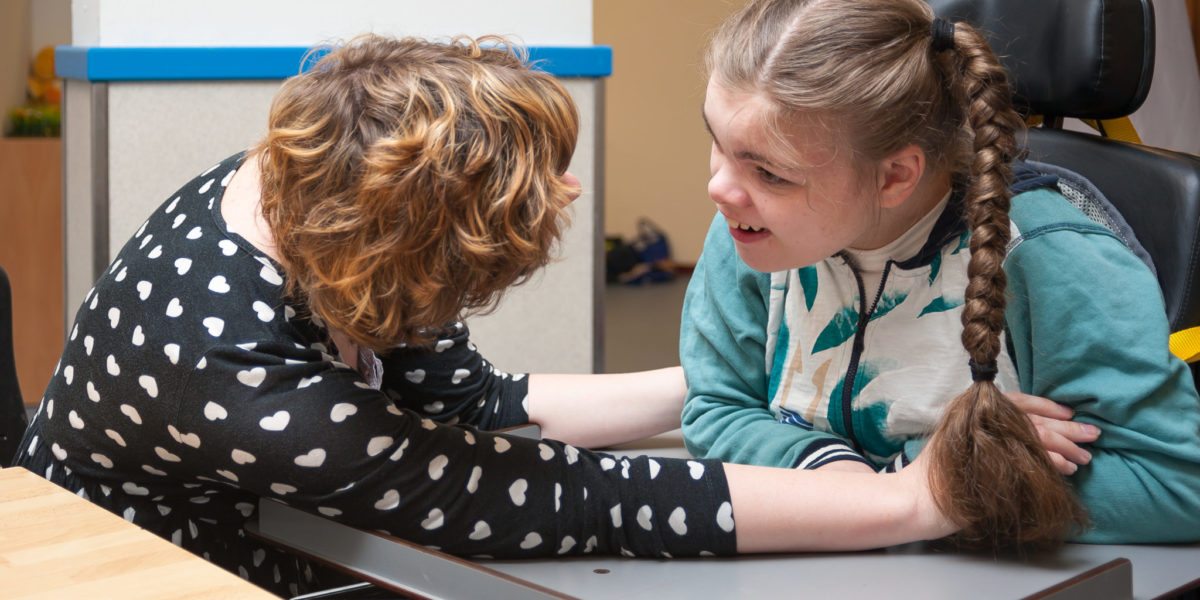Cognitive-behavioral therapy (CBT) is an evidence-based therapy regimen used to minimize maladaptive behaviors and turn negative thought processes into positive ones. CBT helps individuals to:
- Become aware of their thoughts and emotions
- Understand the sources of those thoughts and emotions and
- Modify their perspectives in order to create a more positive outlook
The central premise of CBT is that our perspectives are informed by our thoughts, which can sometimes be distorted and out of line with reality. The principles behind CBT suggest that by changing our underlying thoughts, we can change behaviors and emotions that stem from those thoughts.
What are the goals of cognitive-behavioral therapy?
- Differentiate thoughts and feelings
- Understand how thoughts can impact feelings in both positive and negative ways
- Become aware of ‘automatic’ thoughts when they happen, and understand how they can impact emotional state
- Recognize and think critically about whether automatic thoughts and assumptions are accurate or biased
- Learn to notice, interrupt, and correct biased thoughts without external help
How can CBT help kids with HIE?
Babies that are diagnosed with hypoxic-ischemic encephalopathy (HIE) at birth may go on to develop associated conditions such as intellectual and developmental disabilities (I/DD), behavioral and emotional disorders, and other mental health concerns. Historically, people with intellectual and learning disabilities have been excluded from mental health research. However, recent research shows that the strategies promoted in cognitive-behavioral therapy can help people with disabilities process their thoughts, feelings, and behaviors and lead more independent lifestyles.
CBT can help to manage feelings like despair, depression, and anger that may accompany mild-moderate intellectual disability. Moreover, CBT can be modified to ensure that each individual receives the most beneficial form of the therapy. This flexibility helps to make CBT a useful treatment for those with intersecting complex health needs.

